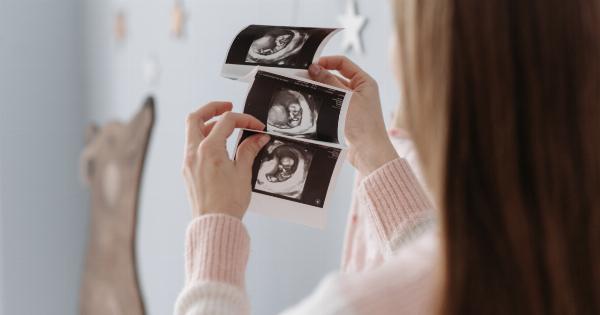In vitro fertilization (IVF) is one of the most effective assisted reproductive technologies (ART) available today.
It has helped millions of couples worldwide who are struggling with infertility by enabling them to conceive and give birth to healthy babies. However, in recent years, concerns have been raised about the long-term effects of IVF on fertility. While IVF success rates are high, there are risks associated with the procedure that can have implications for your fertility.
In this article, we will explore the long-term effects of IVF on fertility and what you need to know before undergoing the process.
What is IVF?
IVF is a medical procedure that involves combining eggs and sperm in a lab to create embryos. The embryos are then transferred to the uterus, where they can implant and a pregnancy can develop.
IVF has become a popular option for couples struggling with infertility, as it allows them to bypass common causes of infertility such as damaged fallopian tubes or low sperm count.
How Does IVF Affect Fertility?
While IVF has helped many couples conceive, there are potential long-term effects on fertility that you should be aware of before undergoing the process. One of the main concerns is the risk of ovarian hyperstimulation syndrome (OHSS).
OHSS is a condition that can occur when the ovaries become overstimulated during IVF treatment. This can lead to swelling and fluid buildup in the abdomen, which can cause pain and discomfort. In some cases, OHSS can be severe and require hospitalization.
Another potential long-term effect of IVF on fertility is premature ovarian failure (POF). POF is a condition where the ovaries stop functioning before the age of 40.
While the exact cause of POF is unknown, some studies have suggested that women who undergo multiple rounds of IVF may be at increased risk of developing the condition.
: The Age Factor in IVF
The age of the patient also plays a role in the long-term effects of IVF on fertility. As women age, their fertility declines, and the chances of success with IVF decrease.
Older women may require more rounds of IVF, which can increase their risk of developing OHSS and POF. Additionally, the quality of the embryos produced during IVF decreases with age, making it more difficult to achieve a successful pregnancy.
: Psychological Effects of IVF
IVF can also have psychological effects on patients, which can impact their long-term fertility. The stress of IVF treatment can cause anxiety and depression, which can have a negative impact on fertility.
Some studies have suggested that stress can affect the production of reproductive hormones such as estrogen and progesterone, which can make it more difficult to conceive.
: Increased Risk of Multiple Pregnancies
Another potential long-term effect of IVF on fertility is an increased risk of multiple pregnancies. When multiple embryos are transferred during IVF, the chances of having twins or triplets increase.
Multiple pregnancies increase the risk of complications such as preterm labor, low birth weight, and gestational diabetes.
What Can You Do to Protect Your Fertility?
If you are considering IVF, there are steps you can take to protect your long-term fertility. One way to reduce your risk of OHSS is to use a mild stimulation protocol during IVF treatment.
This involves using lower doses of medications to stimulate egg production, which can reduce the risk of overstimulation.
If you are over the age of 35, it may be advisable to consider using donor eggs to reduce the risk of age-related fertility decline. Using donor eggs can also increase the chances of success with IVF.
Additionally, it is important to take care of your overall health and well-being during IVF treatment. This includes eating a healthy diet, getting enough exercise, and managing stress.
By taking care of your body and mind, you can increase your chances of success with IVF and protect your long-term fertility.
: In Conclusion
IVF is a complex medical procedure that can have long-term effects on fertility. While IVF has helped millions of couples worldwide conceive healthy babies, it is important to be aware of the risks associated with the procedure.
By taking steps to protect your fertility and taking care of your overall health, you can increase your chances of success with IVF and maintain your long-term fertility.





























